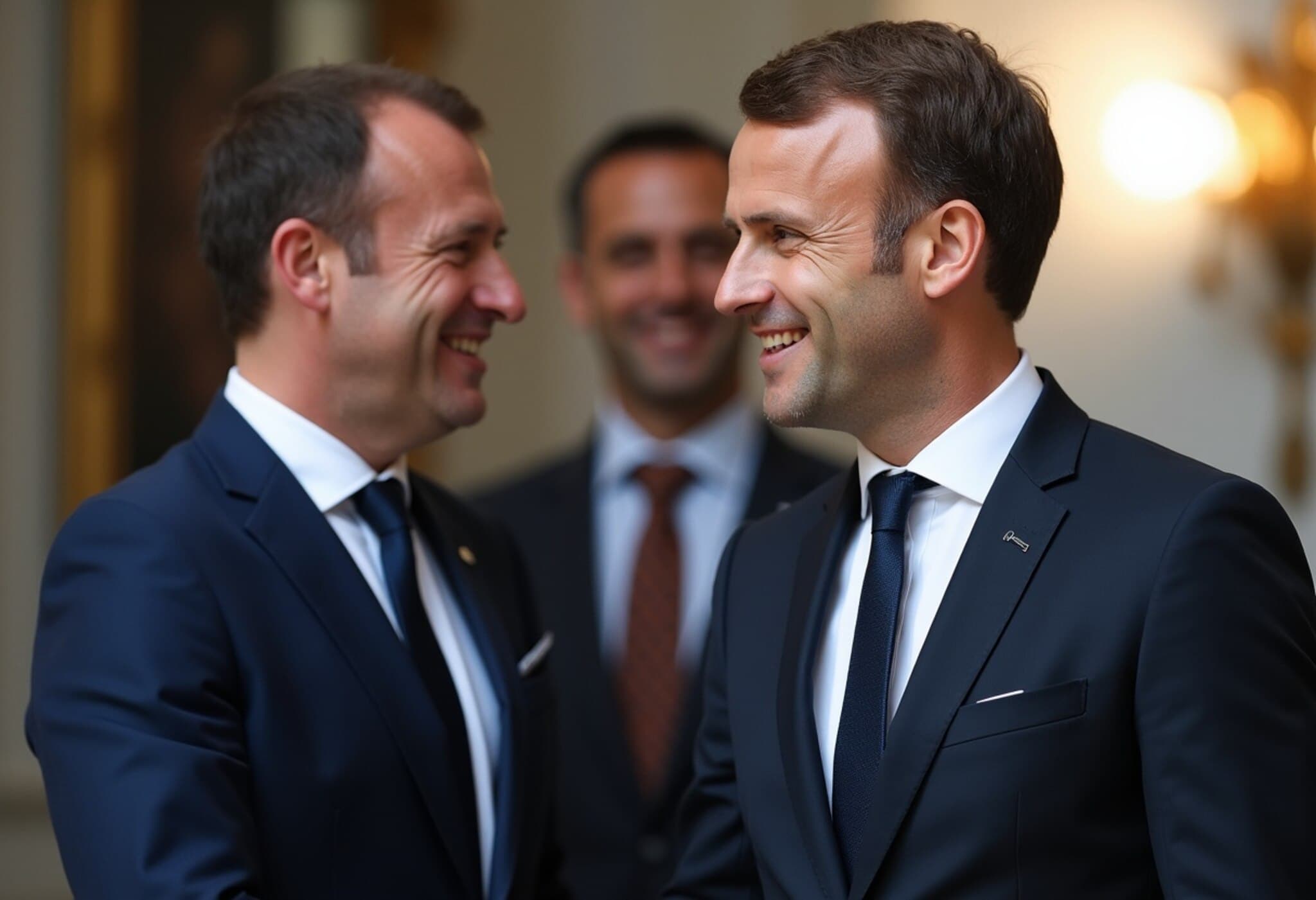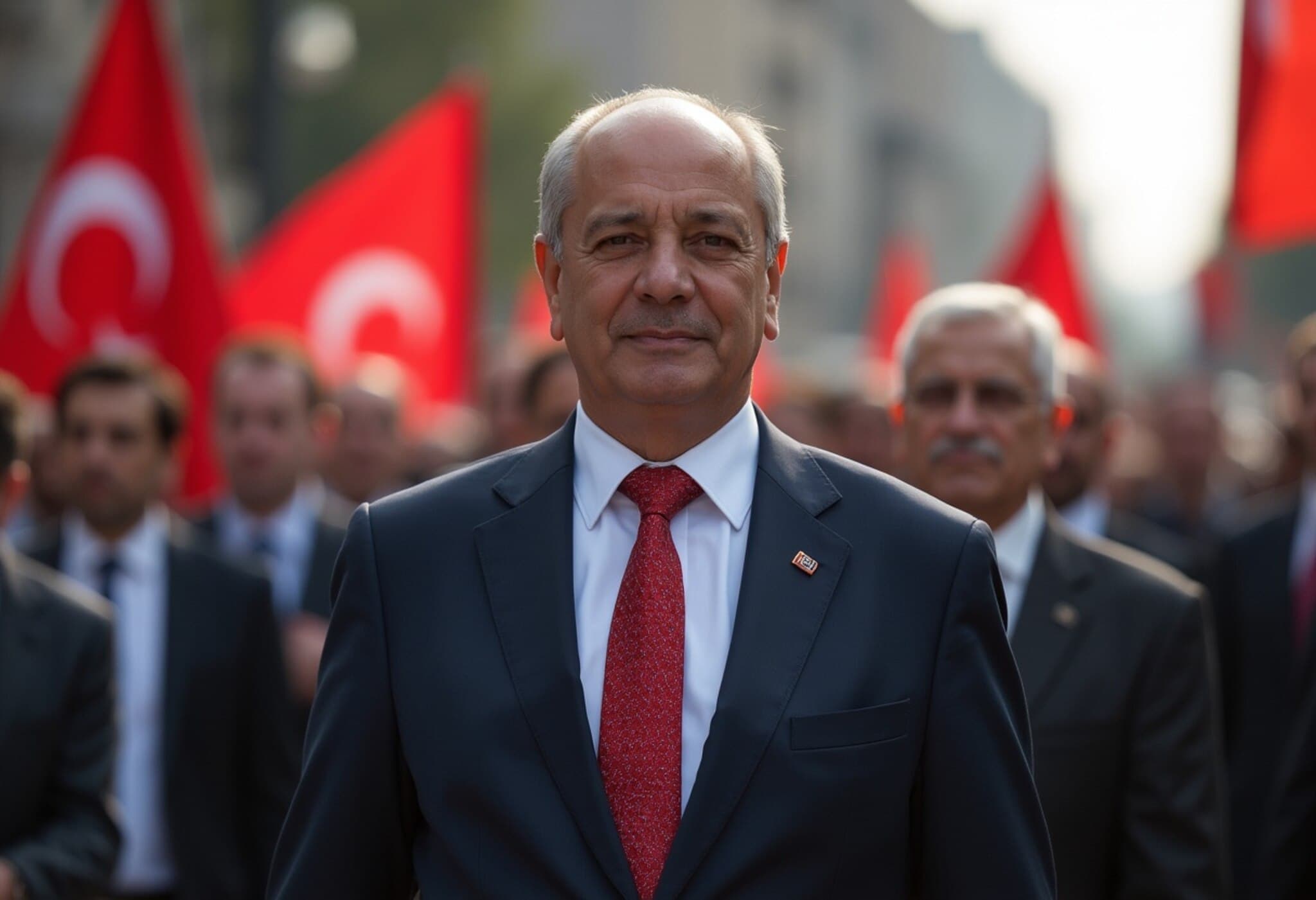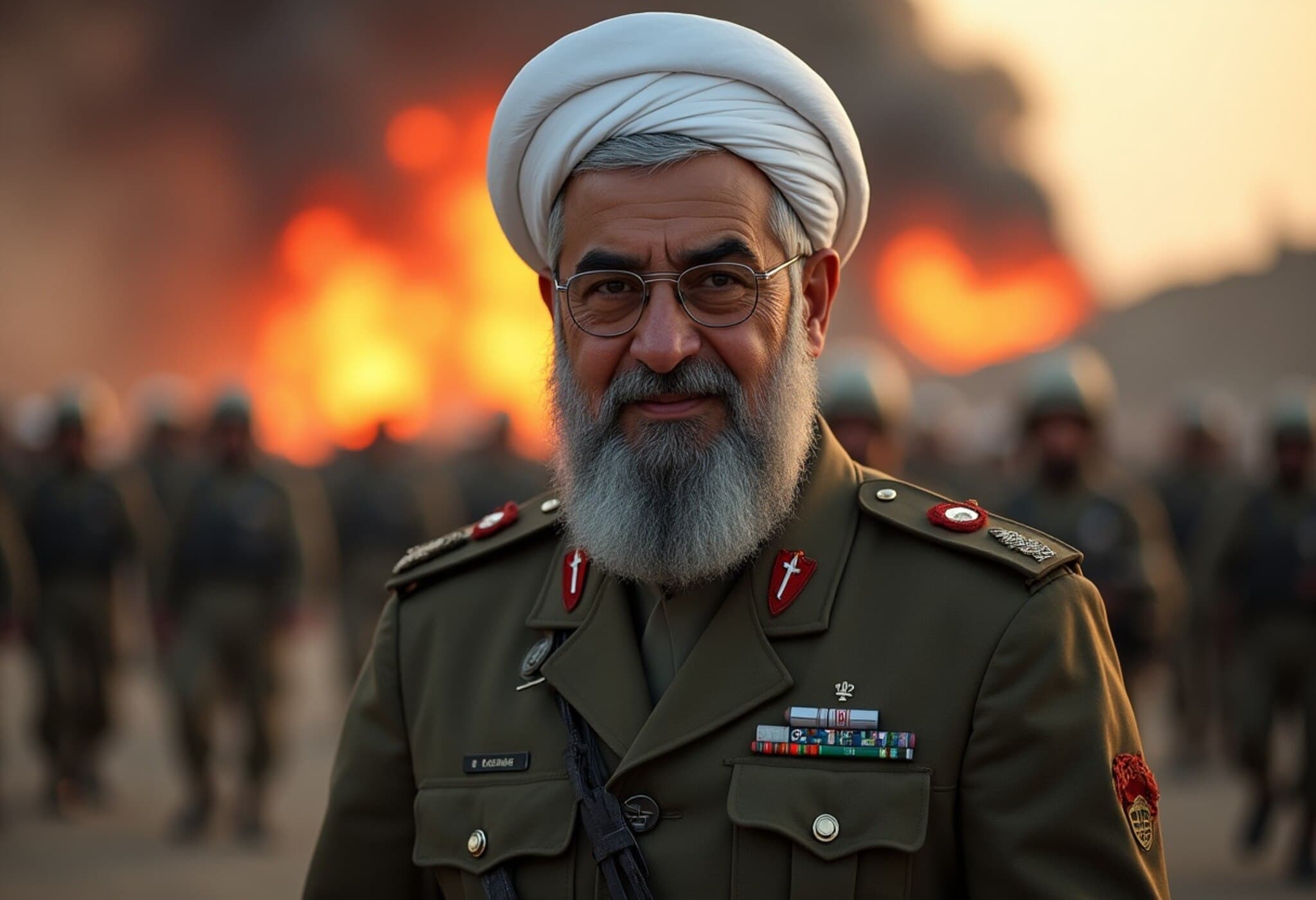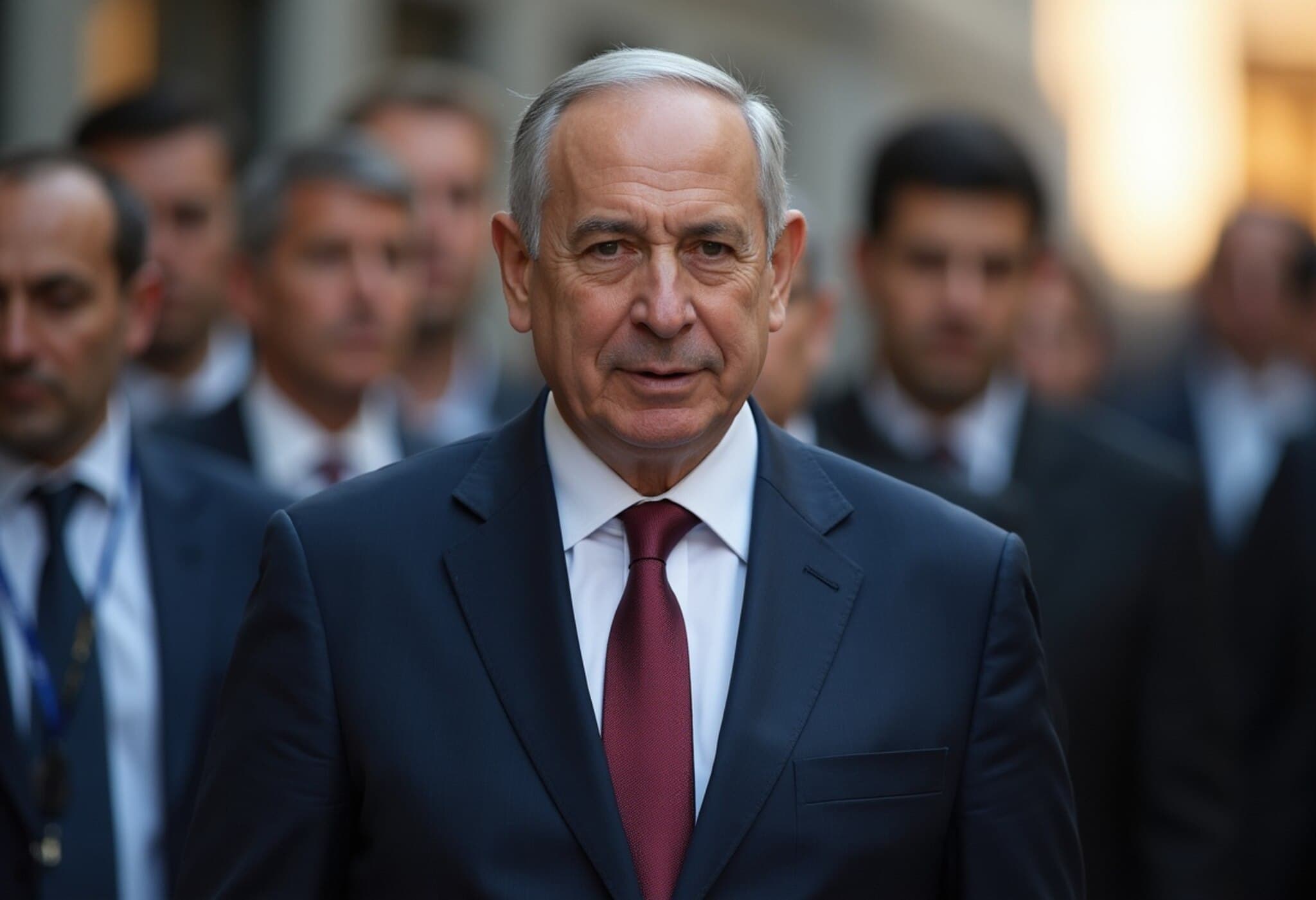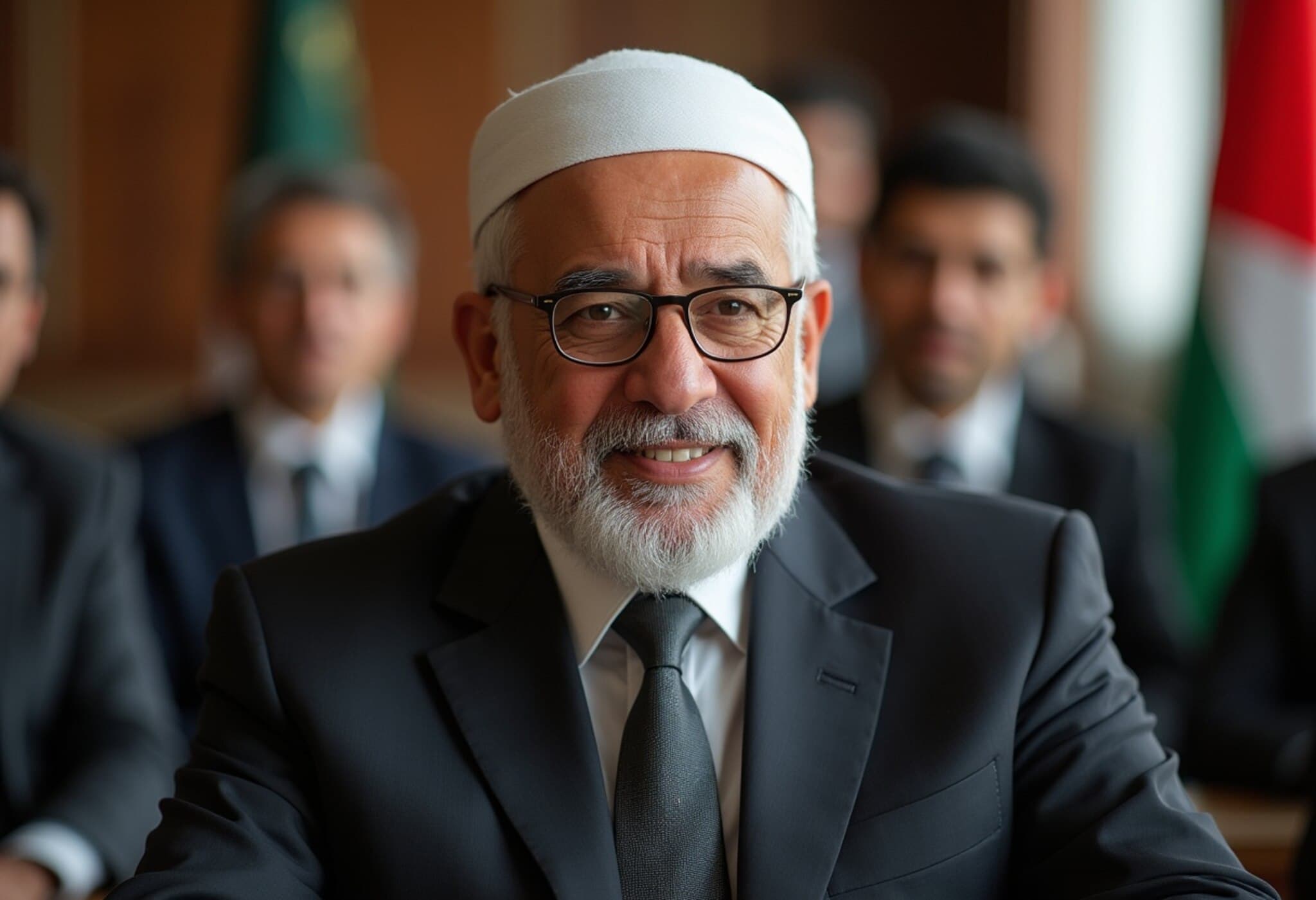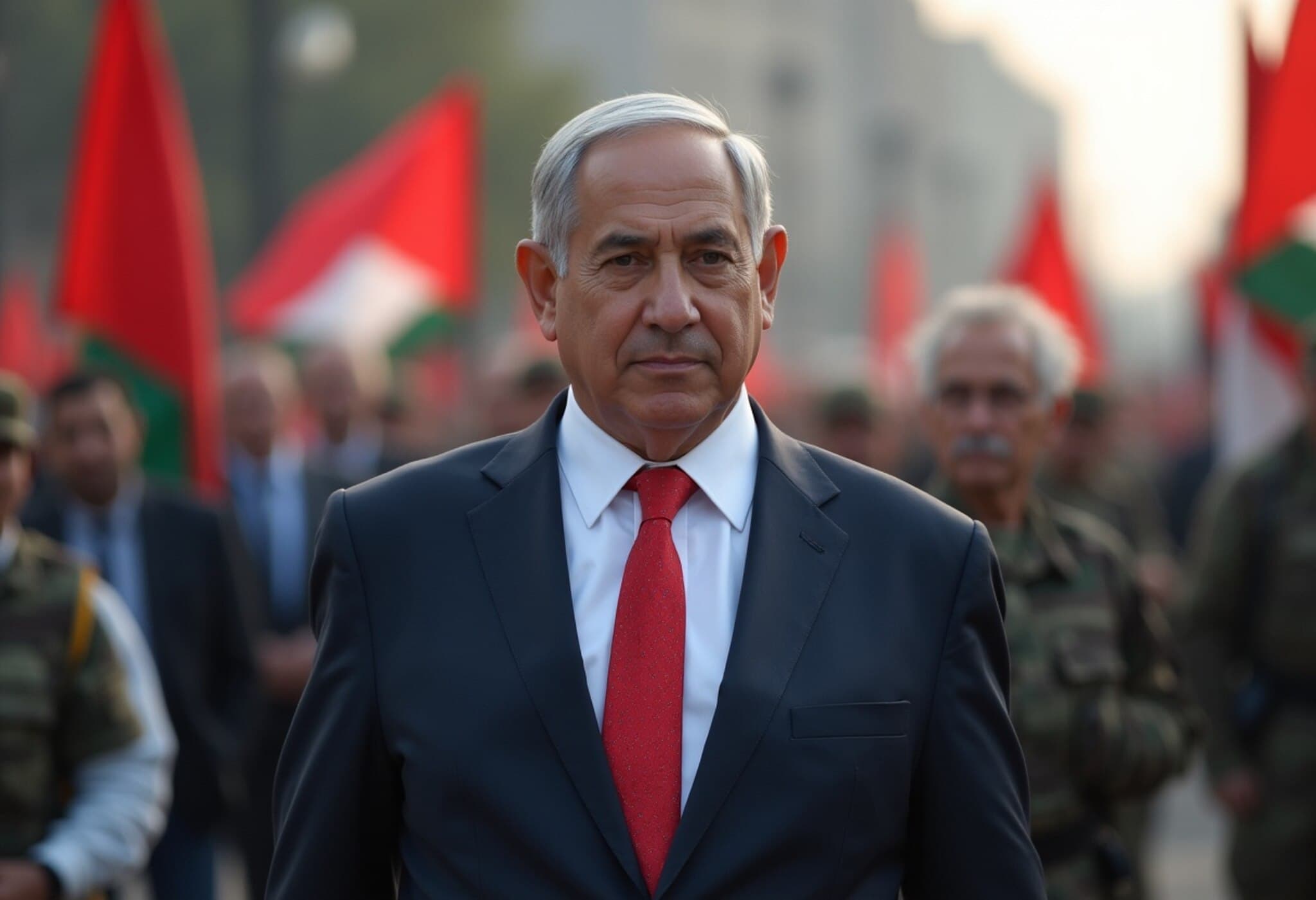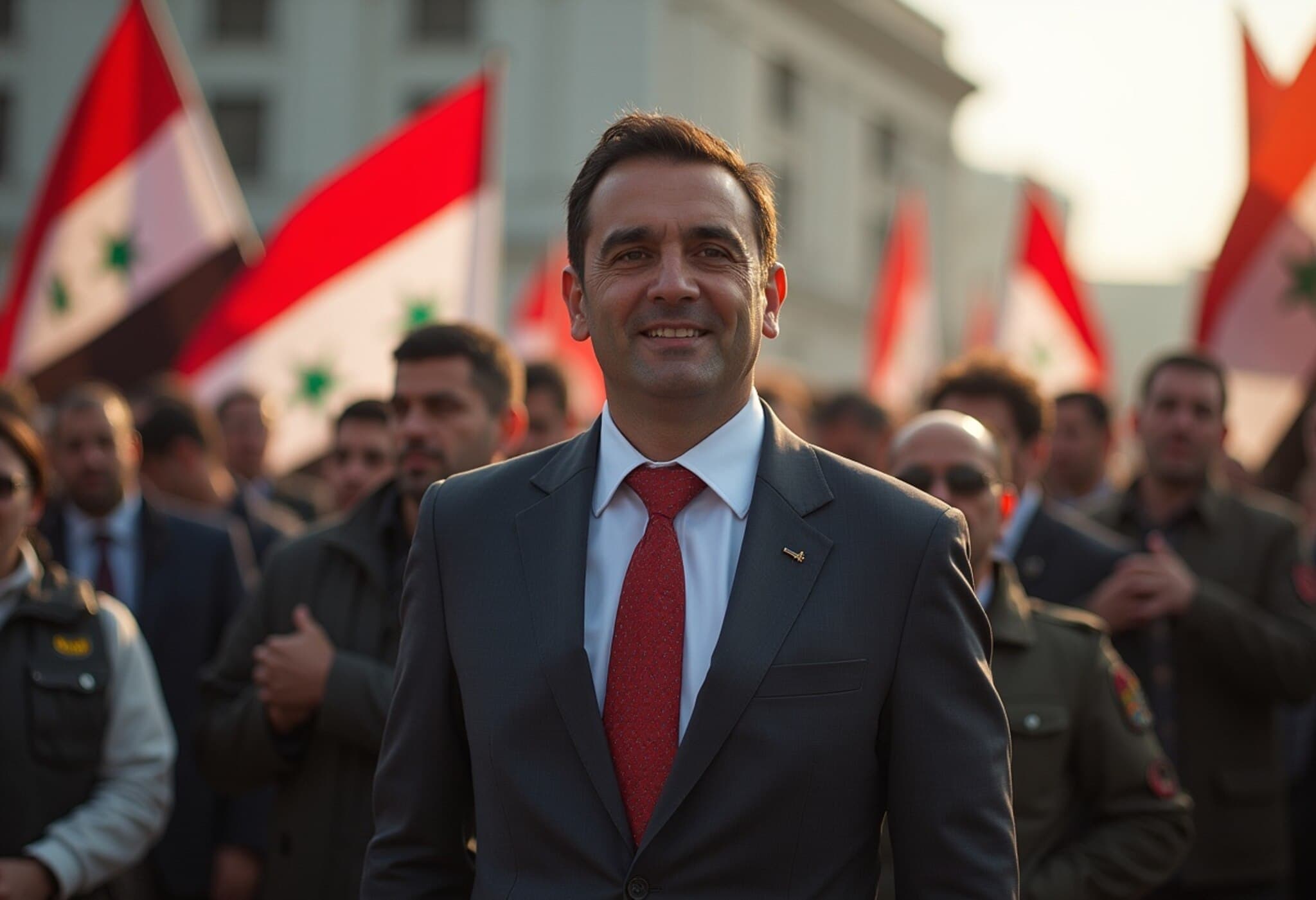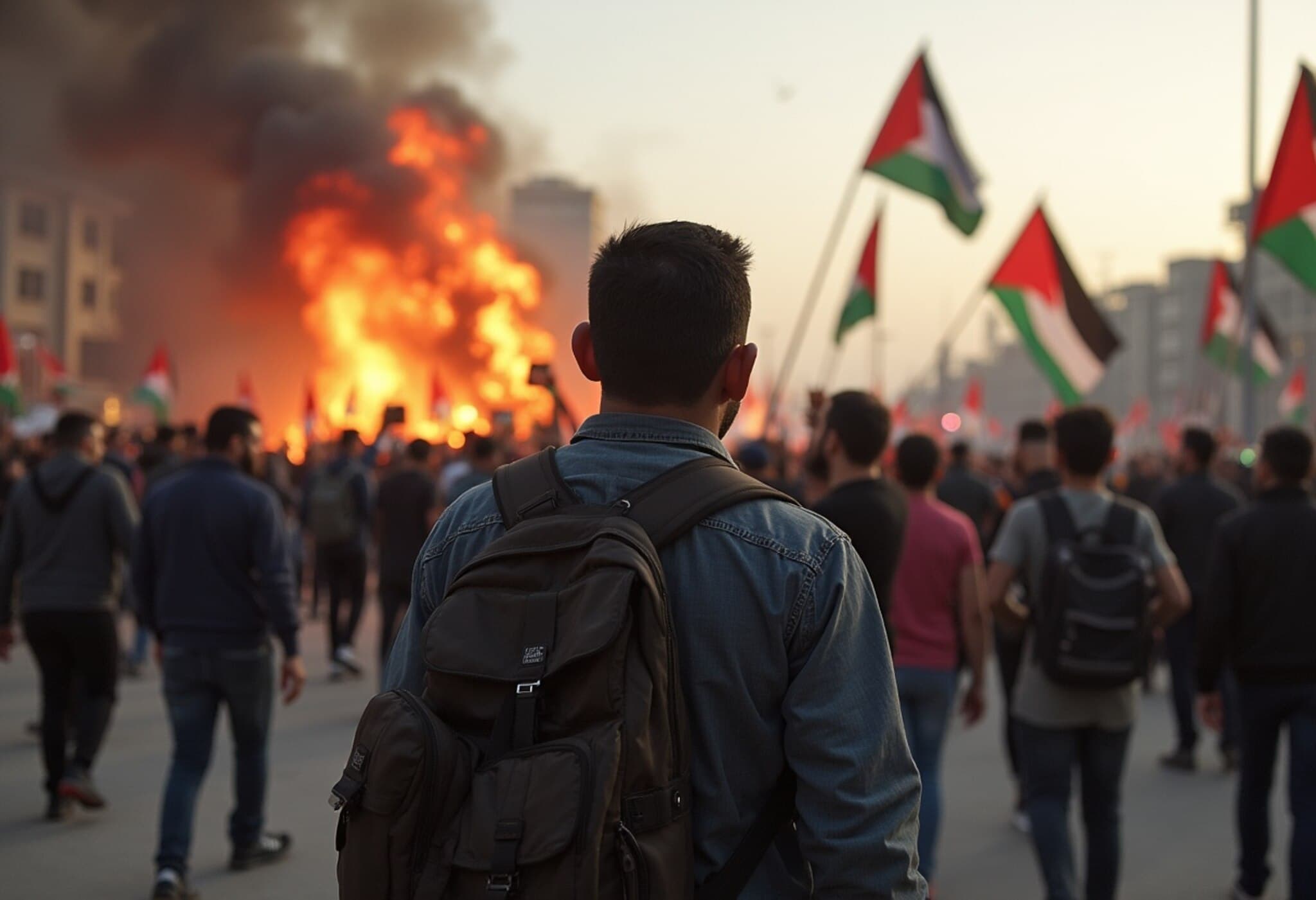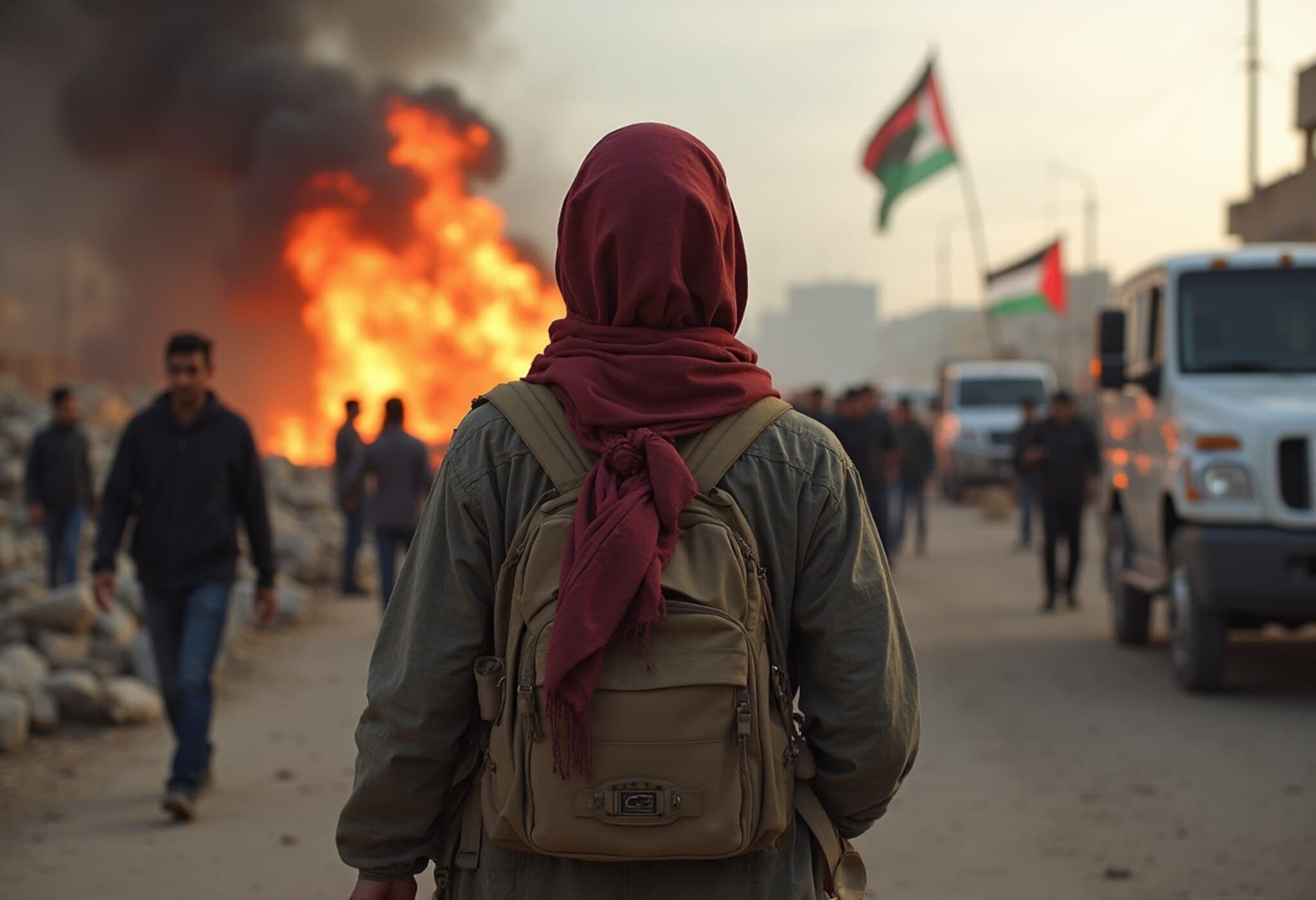Macron Endorses Australia’s Move to Recognise Palestinian State
In a significant diplomatic development, French President Emmanuel Macron has publicly supported Australian Prime Minister Anthony Albanese's recent announcement to recognise a Palestinian state at the upcoming United Nations session. This move has sparked a fierce backlash from Israel, which denounced the recognition as a politically charged gesture amidst ongoing conflict.
Voices from Paris to Canberra: A Push for Peace
President Macron framed Australia’s decision as part of a broader international effort to revive the stalled two-state solution, underscoring it as crucial for lasting peace and security in the region. In a message shared on social media, Macron highlighted that political momentum for Palestine recognition has been building, citing endorsements by the United Kingdom, Canada, and Portugal alongside Australia.
“I welcome Australian Prime Minister Anthony Albanese joining the momentum we have fostered in New York,” Macron wrote, reflecting a collective commitment to “rebuild a political pathway, without which there can be no peace and security for all.”
Contextualizing the Australian Announcement
Albanese’s decision follows careful diplomatic engagement, including discussions with Israeli Prime Minister Benjamin Netanyahu and Palestinian Authority President Mahmoud Abbas. Albanese has emphasized that recognising Palestine does not equate to endorsing Hamas, which Australia and many nations designate as a terrorist organization. Rather, it is a reaffirmation of the principle that Palestinians deserve self-determination within a framework that guarantees Israel’s security.
Israeli Government and Allies Respond Strongly
The Israeli administration swiftly condemned the recognition, framing it as a reward to Hamas, particularly in light of the hostage crisis stemming from the October 2023 militant attacks. Israel’s Deputy Foreign Minister Sharren Haskel stated, “Fifty of our hostages remain in Hamas’s dungeons of torture… Yet the Australian government has decided now is the right time to reward the monsters of October 7 with recognition of a Palestinian state.”
Israeli officials have pointed to recent Hamas rhetoric to reinforce their narrative. Hamas leader Ghazi Hamad was quoted expressing that the international moves toward Palestinian state recognition are the “fruits” of the October 7 attacks, a sentiment used by Israel to delegitimise such recognitions as indirectly condoning terrorism.
European Perspectives Highlight Complexity
Unlike Macron’s vocal support, some European leaders have exhibited caution. Italian Prime Minister Giorgia Meloni expressed “deep concern” over Israel’s military plans to intensify operations in Gaza City, warning it could exacerbate humanitarian crises. However, she also voiced reservations about recognising Palestinian statehood amid ongoing conflict, suggesting that such recognition should come once a state is firmly established.
This divergence within Europe mirrors the broader international tension balancing the urgency for peace against realities on the ground often marred by violence and mistrust.
Underreported Narratives and Critical Questions
- The symbolism versus substance dilemma: Many analysts question whether recognising a Palestinian state at this juncture advances peace or merely shifts diplomatic theatre, given Hamas’s continued hostility and the lack of a negotiated ceasefire.
- Australian domestic politics: Critics allege the decision caters to electoral constituencies and image rather than substantive conflict resolution, raising questions about the role of domestic factors in foreign policy.
- Impact on Palestinian communities: Some Palestinian voices view formal recognition as largely symbolic, offering little immediate relief amid Gaza’s humanitarian crisis, thereby exposing the gap between diplomatic gestures and ground realities.
Expert Insight: The Path Forward
From a policy standpoint, Australia’s recognition could act as a catalyst encouraging dialogue, especially if paired with robust efforts to isolate extremist elements and foster moderate leadership on both sides. However, experts warn that recognition without concrete steps toward demilitarisation of Gaza and credible peace talks risks hardening positions.
Moreover, this episode underscores the persistent challenge of aligning international diplomatic initiatives with on-the-ground realities, emphasizing that recognition alone cannot resolve deeply entrenched conflicts.
Editor’s Note
The growing chorus for Palestinian state recognition presents an emblematic crossroads: balancing aspirations for justice and sovereignty with the imperatives of security and peace. As Australia joins a select group of nations advancing this cause, the international community must grapple with tough questions: Can symbolic recognition galvanize a meaningful political solution, or does it risk entrenching division? And how can global diplomacy simultaneously support the rights of Palestinians and safeguard Israeli security?
As this story develops, readers should consider the multifaceted dimensions—political, humanitarian, and strategic—that will shape the future of this enduring conflict.

